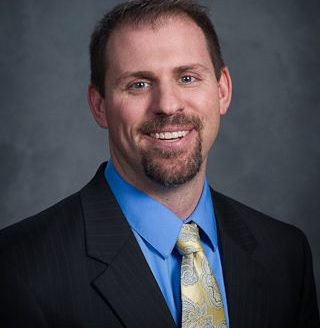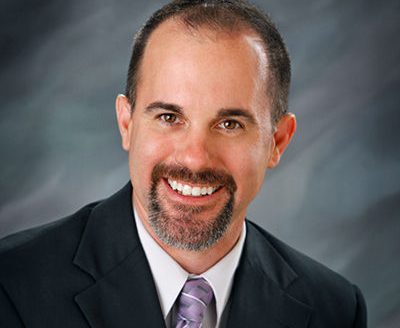Make time for a financial checkup, experts say
Most people know that to maintain good physical health, it’s a good idea to visit your doctor once a year.
When it comes to your money, the same advice holds.
“For most folks, life is busy and thinking about finances takes a back seat,” said Martin Seay, department head and associate professor in Kansas State University’s Department of Personal Financial Planning. “But taking the time at least once a year to think about your financial and life goals, and how your actions are helping to make those come true, is important.”
Seay and Susie Latta, a family and consumer sciences agent with the K-State Research and Extension office in Marshall County, have published an easy-to-follow checkup on financial health.
The eight-page publication walks the reader through a Financial Fitness Quiz, then helps them better understand such areas as financial goals, budgeting, taxes, credit cards, insurance, social security, retirement, investments and estate planning.
“I think it is so important for people to know where they are regarding their financial health so they can make a plan for where they want to be,” Latta said.
“Doing nothing is like putting your head in the sand and never knowing if you are making progress toward your goals or if you are ever going to be able to retire. Establishing a baseline understanding of your financial health will help you identify areas of improvement and where action needs to occur.”
Latta said consumers should “review your numbers every year, whether it’s physical health or financial health.”
“You need to know what your debt to income ratio is, your net worth, your insurance deductible and many other financial ratios,” she said. “A financial checkup once a year is usually enough, but you might need to have a checkup more than once a year when there has been a significant event in your life, such as a death, birth or marriage.”
Seay, who is also a certified financial planner, noted that a financial check should look at two key areas: protection and investments.
“First, are you and your family protected in the case of an unforeseen emergency?” he said. “This can be through car and home insurance, life insurance, having a will or through establishing an emergency fund. These are all critical items that help ensure that you’ll be okay when ‘life happens.’”
The second element, he added, is thinking about the future: “Are you setting aside money, whatever amount it might be, on a regular basis? Are you taking advantage of an employer’s retirement savings matching opportunities? If you changed jobs, do you know where your old retirement accounts are? And, do your investments match your risk tolerance and time horizon?”
“These are the things you want to make sure you are thinking about.”
Seay suggested that people seek out a certified financial planner to help them build their financial security. He cited a website, Let’s Make a Plan, that outlines 10 questions to ask a financial advisor.
“Without knowing where you are financially, it’s hard to know where you’re going,” Seay said. “Whether it’s good or bad, it is always important to have a good picture of what is going on in your financial life. Either way, you should leave the checkup with an understanding of the intentional actions that you are going to take, or actions you are going to maintain, to lead you to your financial goals.”
Latta said the financial checkup is for people of all ages.
“The younger you start, the better,” she said. “The most valuable lesson I learned in life is the time value of money. Saving $25 a month for retirement as a 21-year-old is better than waiting until age 50 to invest $2,500 a month.”
The publication, How Are You Doing? A Financial Checkup, is available online at https://bookstore.ksre.ksu.edu/pubs/mf2721.pdf.

